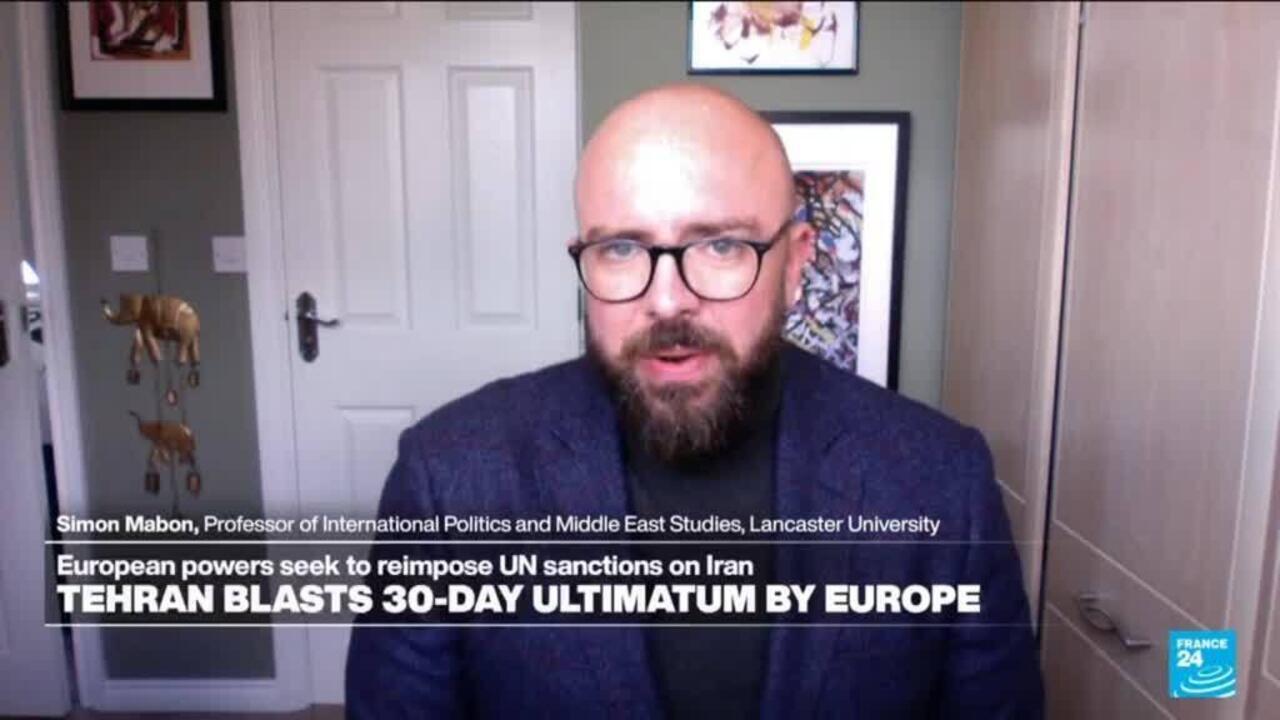Are US intelligence services withholding information from their closest allies on peace negotiations with Russia and Ukraine?
According to anonymous intelligence officials, a memo issued by Gabbard weeks ago explicitly ordered that all information on Russia-Ukraine peace negotiations be withheld from US allies, US news channel CBS reported on August 22.
In the memo, the talks were reportedly classed as “NOFORN” by US intelligence, meaning no foreign dissemination. That included withholding intel from members of the “Five Eyes” alliance – a traditionally tight-knit intelligence network linking the US, UK, Canada, Australia and New Zealand.
The alliance has been one of the world’s best organised intelligence-sharing groups since it was founded in 1946. Since the end of World War II its members have been the US’s closest security allies, and a potential move by Washington to distance itself from Five Eyes has worried intelligence experts.
Leaving Five Eyes in the dark?
The day after CBS published its findings, Gabbard’s office sought to defuse the situation, calling its reporting “completely false”.
“US intelligence sharing relationships with our allies have never been stronger,” wrote Gabbard’s spokesperson, Olivia Coleman, on social media. She accused CBS of creating “manufactured outrage by manipulating classified information” – but gave no further details on the specifics of the intelligence shared following US negotiations with Russia and Ukraine.
CBS backed its reporting, on the base of the “NOFORN” classification specified in the memo that, it said, multiple officials had confirmed.
“In theory, that means that information should be kept within the United States. It should not be shared with any other intelligence services or any foreign countries and it should not be seen by any individuals of foreign countries,” said Dr Luca Trenta, associate professor of international relations at Swansea University and specialist in US foreign policy.
If true, it would not be the first time that the secret service in the US, or any other country, has decided to keep intelligence for itself.
“All intelligence capable nations will have intelligence – raw and analysed information – and techniques and capabilities that they hold back” even from their closest allies, said Robert Dover, professor of intelligence and international security at the University of Hull, UK.
For example, should US spies penetrate Russia’s internal or foreign intelligence service, “they won’t routinely circulate data over the Five Eyes caveat. Hostile counterespionage penetrations will very often stay sovereign”, said Philip Davies, director of the Brunel Centre for Intelligence and Security Studies in London.
But the Five Eyes alliance has a reputation for having a highly advanced, almost automated, intelligence-sharing system. A decision from Washington to formally exclude its old allies from intel sends a much stronger signal than quietly not passing on certain intelligence.
It is possible that Five Eyes "is being normalised by the US”, to the hold same status as other countries, said Richard J. Aldrich, professor of international security at the University of Warwick, UK.
A victory for Russia?
In the history of the alliance, the US has been known to have side-lined individual members of Five Eyes.
During the Cold War, “moments of friction were primarily related to the fact that the United States considered some of the countries that were members of the Five Eyes to be too close or somewhat ambiguous towards the Soviet Union”, Trenta said.
The idea that Washington would now privilege a confidential relationship with Putin over its longstanding allies is striking.
“There has never been a precedent in which the United States had stopped sharing intelligence or has given a precedence to its main other adversary as opposed to Five Eyes,” Trenta added. “But here we have a case in which the United States is openly favouring an authoritarian regime against its traditional, historical democratic allies.”
So how much is Russia set to gain from a potential new intelligence dynamic?
In a context where US President Donald Trump and his Russian counterpart Vladimir Putin held an unusual and unaccompanied drive in the US president’s limousine during their July meeting in Alaska, security experts are “deeply concerned about the lack of European and Five Eyes ears on this intelligence”, said Dover.

Trump has often been accused of pandering to Putin, and Tulsi Gabbard “has long been a Putin supporter”, says Trenta. “This was one of the main concerns that many commentators had when they saw both the Trump administration being re-elected and the people that were then selected to lead the US intelligence community.”
Leaving the Five Eyes countries and other Ukrainian allies out of intel on peace negotiations weakens Kyiv’s position. “Anything that marginalizes alliance support for Ukraine is bad for the negotiation,” Davies said.
Many analysts assume Trump is keeping Ukraine's allies at arm’s length so that he can “negotiate away some fundamental element of Ukrainian sovereignty or security guarantees”, added Dover.
“A necessary part of being able to do this is to keep information about negotiations and Russian disposition away from other allies," he added. "That the Ukraine negotiations have been allegedly put in a bunker suggests that the US see this negotiation as theirs and theirs alone."
Read moreUkraine marks its independence day as peace push shows little sign of progress
‘America first’
While the US may choose to withhold information about Russia-Ukraine peace negotiations, other related intelligence could still be made available.
“Just because they don't want to share diplomatic intelligence doesn't mean they will shut down and stop sharing information monitoring military matters, like Russian movements in Kaliningrad for nuclear purposes,” Davies said.
Gabbard’s reported decision would also not prevent any exchange of intel on other unrelated security topics. “The Five Eyes alliance is compartmentalising by subject,” added Aldrich. “They still exchange stuff freely on China, but intelligence-sharing about Putin is much trickier.”
Current friction with traditional allies over sharing intel on Russia and Ukraine “is consistent with the [Trump] administration's posture”, said Trenta. “The American first policy axiomatically places any alliance relationship on a back burner.”
This could pose problems for the US in the longer term. “It is very much an own goal because while the US is the largest single source of capabilities inside Five Eyes, they benefit an awful lot from a geographical division of labour and the sharing of expertise,” Trenta added. “It's probably not going to play out in their best interest in the long run.
This article was adapted from the original in French by Joanna York.











 English (US) ·
English (US) ·